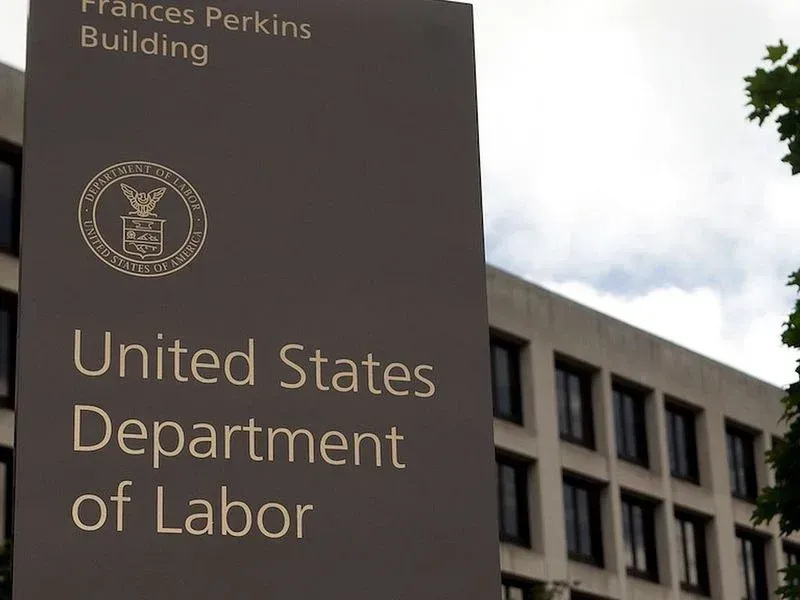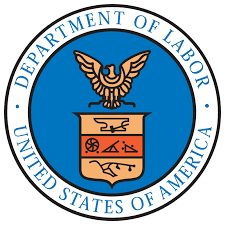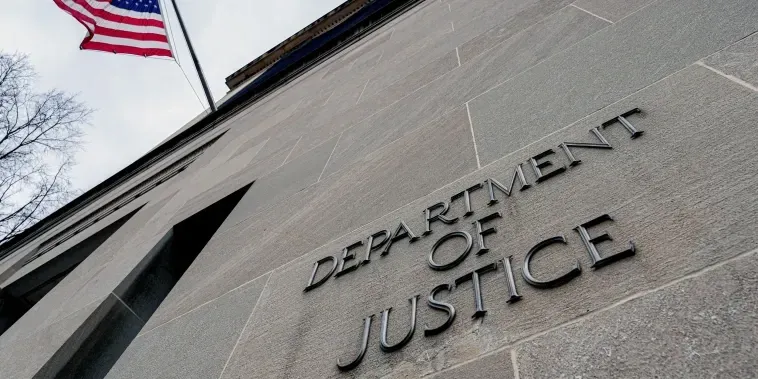Trump FY2018 Budget Slashes DOL, Merges OFCCP with EEOC, and Offers Paid Family Leave
The Trump Administration’s FY2018 budget proposes reducing the Labor Department’s appropriation by $2.4 billion for FY2018 from $12.1 billion to $9.7 billion-a 20 percent reduction with cuts coming mostly from workforce training programs.
Budget would merge OFCCP into EEOC
After months of speculation, the FY2018 budget confirms that the Administration proposes to merge OFCCP into the EEOC by the end of FY2018:
The 2018 Budget proposes merging OFCCP into the Equal Employment Opportunity Commission (EEOC), creating one agency to combat employment discrimination. OFCCP and EEOC will work collaboratively to coordinate this transition to the EEOC by the end of FY 2018. This builds on the existing tradition of operational coordination between the two agencies. The transition of OFCCP and integration of these two agencies will reduce operational redundancies, promote efficiencies, improve services to citizens, and strengthen civil rights enforcement.
In addition, the budget would reduce OFCCP’s budget by 16 percent–from $105 million in FY2017 to $88 million in FY2018.
Budget’s impact on other enforcement agencies
As to other enforcement agencies, the Equal Employment Opportunity Commission (EEOC) would receive $363.8 million FY2018 under the budget, representing a modest reduction of $700,000 from FY2017. Although the target of strong criticism, the National Labor Relations Board (NLRB) received a budget cut of only about 6 percent from $274 million to $258 million. The Wage and Hour Division’s spending will remain basically unchanged, which may indicate an intent to shelve the still-pending overtime rules.
Budget proposes paid family leave
Finally, the proposed FY2018 budget provides over $18 billion in additional funding to the Labor Department’s unemployment insurance program for paid parental leave. The proposal envisions a federal-and-state paid parental leave program beginning in 2020. The program would provide six weeks of paid leave to new birth and adoptive parents. Like the Administration’s Medicaid proposal, states would be given significant discretion in determining the final structure of the leave program.
Takeaways
The budget is the most tangible expression of the effort to reduce the size and reach of the federal government. However, Congressional leaders’ response to President Trump’s budget is that it is “dead on arrival.” It is also important to note that both employer groups and civil rights advocates have raised serious objections the budget’s merger of OFCCP and EEOC. In fact, The Institute for Workplace Equality (The Institute), of which David Fortney is a co-chair, submitted a letter to Secretary Acosta and OMB Director Mulvaney strongly objecting to the proposal. If you have additional questions about the impact of President Trump’s budget, please contact your FortneyScott counsel.


















